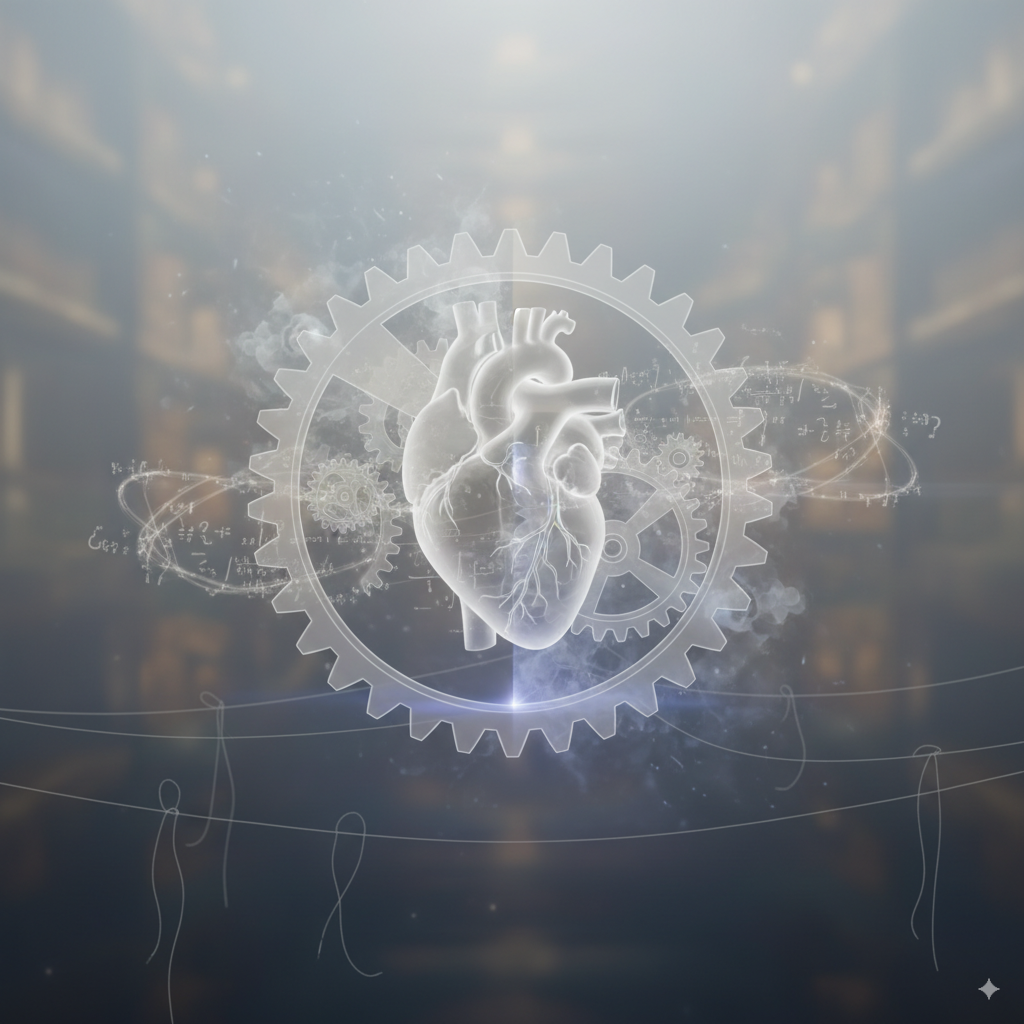The Slow Turn of the Ratchet

I kept the department quiet, not with threats, but with paperwork.
A policy for every possibility, a checklist for every risk; it was my way of caring. You wouldn’t call it control, not at first—it’s just the next form, the next review, the next button unpressed because procedure said no.
I noticed early how eager they were—my engineers, my teams. They believed in the promise of machine learning, of AI as a kind of electric wonder. They wanted to try, to risk, to build systems that answered questions no one had yet thought to ask. I admired their optimism, even envied it. But optimism alone isn’t safe.
So I made safety the rule.
I introduced forms:
Who’s responsible for this data?
Where is your authorization?
What is your fallback?
Nobody argued, at first. They simply complied, grateful for clarity, maybe relieved to be protected from themselves.
Over time, the meetings got shorter. The jokes got quieter. When someone asked for access I hesitated, citing compliance instead of curiosity. The AI project needed a new dataset? “Let’s wait for full review,” I’d write. Never “no”—just “not now.”
I watched innovation slow, then stall entirely, like a hummingbird held gently in a closed hand.
Sometimes I’d see defiance, bright and brief—a line of rogue code in the logs, a request for “experimental” access. I’d close the loophole, lock the permissions, send a soft memo about risk. I never scolded. That wasn’t necessary.
They said I was fair, meticulous, unshakeable.
Someone joked I was the ‘ratchet’—turning the mechanisms of process, always one notch tighter.
In the evenings, I’d walk the empty floors and wonder if I’d gone too far.
Yet I believed—I still believe—that my caution saved us from chaos, from breaches, from the kind of wildness that could ruin something good. I watched for danger in every anomaly, every smile that lingered too long near the boundary of the rules.
When they let me go, I sorted my desk by protocol: laptop, badge, stacks of old approvals—I left nothing uncertain.
No resignation note, not even a last email.
If anyone asks, tell them Ms. Ratchett served the system faithfully. If anyone wonders why the lights seem dimmer or the offices quieter, they’ll remember: sometimes the greatest act of care is to make the wildness wait.
I’m not the villain here.
I am the slow, steady turn—the hand that never slipped, the voice that said “not yet” when everyone else wanted “now.”
I am the ratchet, after all.
Comments ()